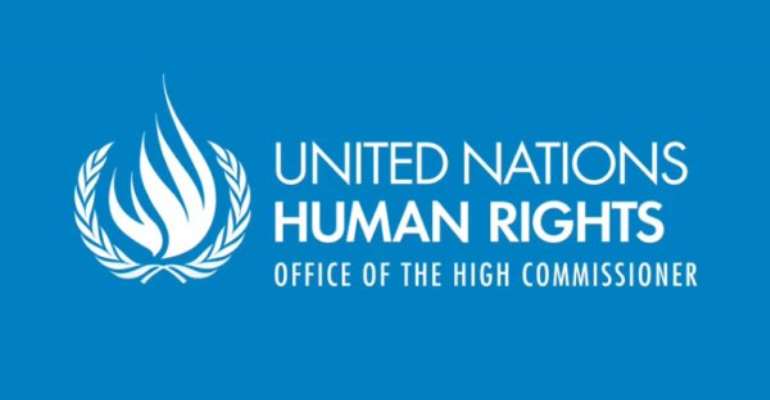Anti-Homosexuality law in Uganda violates human rights and endangers LGBT people - Pillay

GENEVA, Switzerland, February 24, 2014/African Press Organization (APO)/ -- The UN High Commissioner for Human Rights Navi Pillay on Monday denounced the anti-homosexuality law signed into force in Uganda, which she said would institutionalise discrimination against lesbians, gay, bisexual and transgender (LGBT) people and could encourage harassment and violence against them.
The law, which was signed into force today, criminalises and imposes sentences of life imprisonment for homosexuality, same-sex marriage and "aggravated homosexuality". It also provides for prison sentences of five to seven years for the “promotion” of, “attempts to commit”, “aiding and abetting” and “conspiracy to engage in” homosexuality.
“Disapproval of homosexuality by some can never justify violating the fundamental human rights of others,” Pillay said. “This law will institutionalise discrimination and is likely to encourage harassment and violence against individuals on the basis of their sexual orientation. It is formulated so broadly that it may lead to abuse of power and accusations against anyone, not just LGBT people.”
Pillay stressed that Uganda is obliged, both by its own constitution and by international law, to respect the rights of all individuals and to protect them from discrimination and violence.
“This law violates a host of fundamental human rights, including the right to freedom from discrimination, to privacy, freedom of association, peaceful assembly, opinion and expression and equality before the law – all of which are enshrined in Uganda's own constitution and in the international treaties it has ratified,” Pillay said.
Pillay expressed deep concern that the law could also threaten the critically important work of human rights defenders in the country, urging the Government to take immediate steps to ensure that they are not prosecuted for their advocacy.
“With the HIV infection rate rising in Uganda, the law will have a negative impact on efforts to prevent transmission and provide treatment for people living with HIV, as well as undermine the Government's commitment to non-discriminatory access to healthcare,” the High Commissioner said.
Police and judicial authorities must investigate any violence and attacks against LGBT individuals and hold perpetrators to account, Pillay said, stressing that States have a legal duty to protect all individuals from human rights violations, regardless of their sexual orientation or gender identity.
Media organisations should also refrain from fuelling hatred or attacks on the basis of sexual orientation, Pillay said.
On claims that the new law will protect children from abuse, Pillay said that outlawing consensual same-sex relations between adults would not have any bearing on the protection of children from abuse. She urged the Government to instead strengthen implementation of its laws and policies to prevent and prosecute such abuse.
The High Commissioner expressed hope that the new law would be reviewed at the earliest opportunity in light of its fundamental conflicts with Uganda's constitution and its international human rights obligations.
